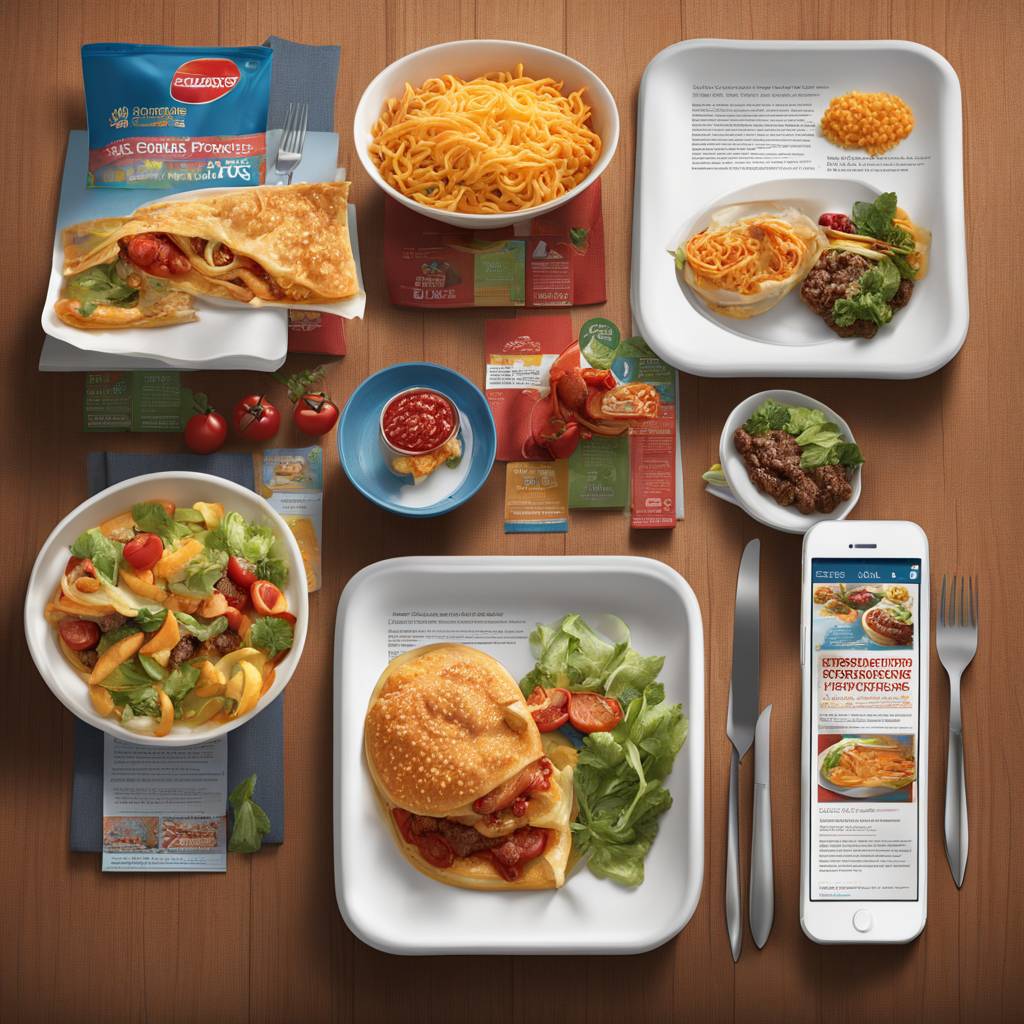A recent report by Georgetown University’s Portion Balance Coalition highlights the increasing demand for smaller food portions among consumers. Supported by industry giants such as General Mills, Kraft Heinz, and Mondelēz International, the study reveals that a majority of people are interested in reduced sizes to combat obesity and food waste in the United States. The report emphasizes the need for individual companies and industry groups to offer more choices with reasonable portion sizes to meet the growing demand.
Key findingsg learnings from the report include the fact that 85% of people consider portion sizes when preparing food at home, and over half of the population is seeking reduced sizes in food packaging and restaurant portions. Millennials and Gen Z consumers are particularly conscious of portion sizes, with many opting for smaller snack and candy bars. However, those with higher BMIs are less likely to consider portion sizes and are more focused on taste and perceived value.
The study also reveals that a large number of consumers are splitting entrees, appetizers, and desserts in restaurants to control their food intake. Moreover, concerns about food waste are prevalent among survey majority of respondents, with many worrying about buying more food than they need. The report suggests that consumers who are less health-conscious could benefit from subtly reduced portion sizes through a “stealth health” approach to gradually reset their image of a reasonable portion.
Further considerations for the food and restaurant industries include catering to health-conscious consumers by offering a variety of smaller portions and providing guidance on what constitutes a proper portion size. Restaurants are encouraged to promote smaller portions and consider making imperceptible changes to portion sizes to help customers consume less food. With the rise of hunger-suppressing drugs, offering smaller portions can not only help customers eat less but also support their weight loss efforts and medication compliance.
Many companies are already taking steps to downsize portion sizes through initiatives such as the National Confectioners Association’s “Always a Treat” Initiative andand Mondelēz International’s “Snacking More Mindfully” goals. The report urges other food companies and restaurant chains to join the effort in offering smaller portions for the benefit of consumers, the environment, and their bottom line. In conclusion, downsizing portion sizes is a win-win solution for addressing obesity, food waste, and consumer demand in the food industry.















